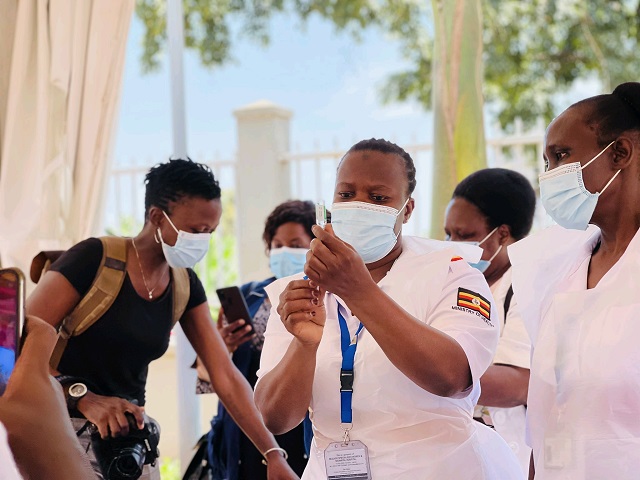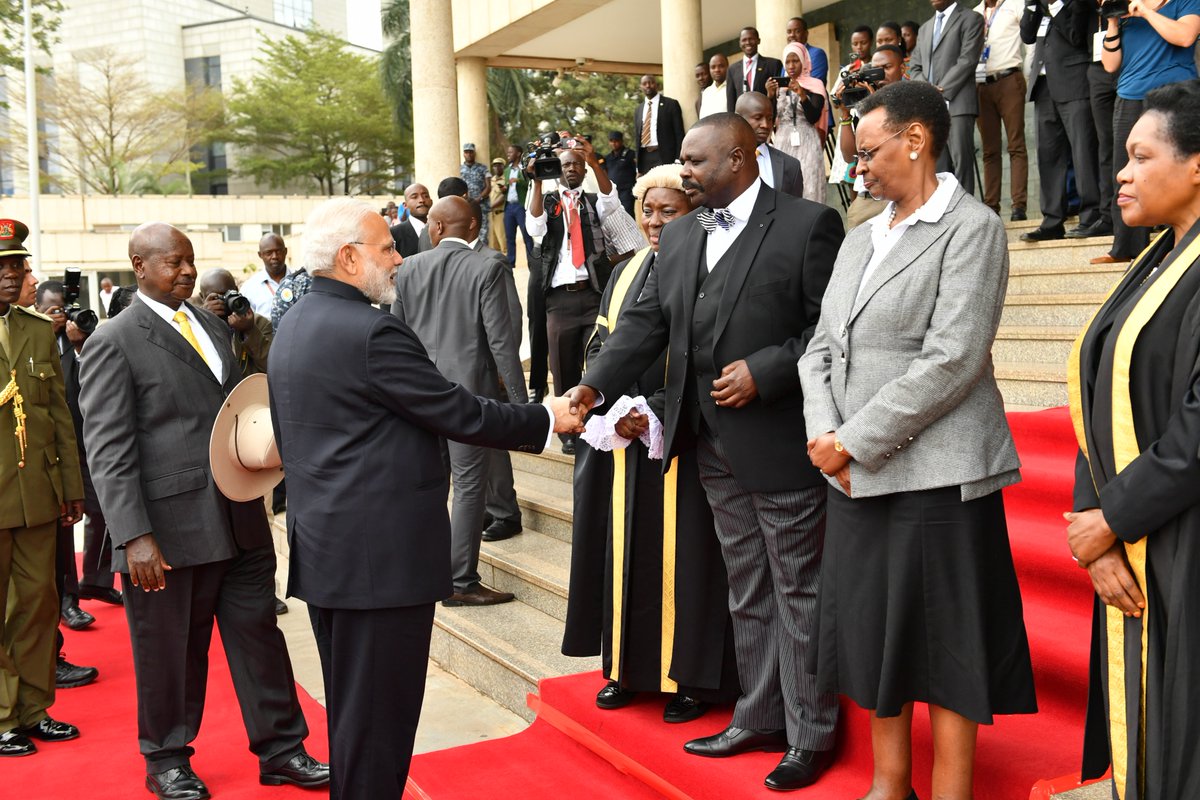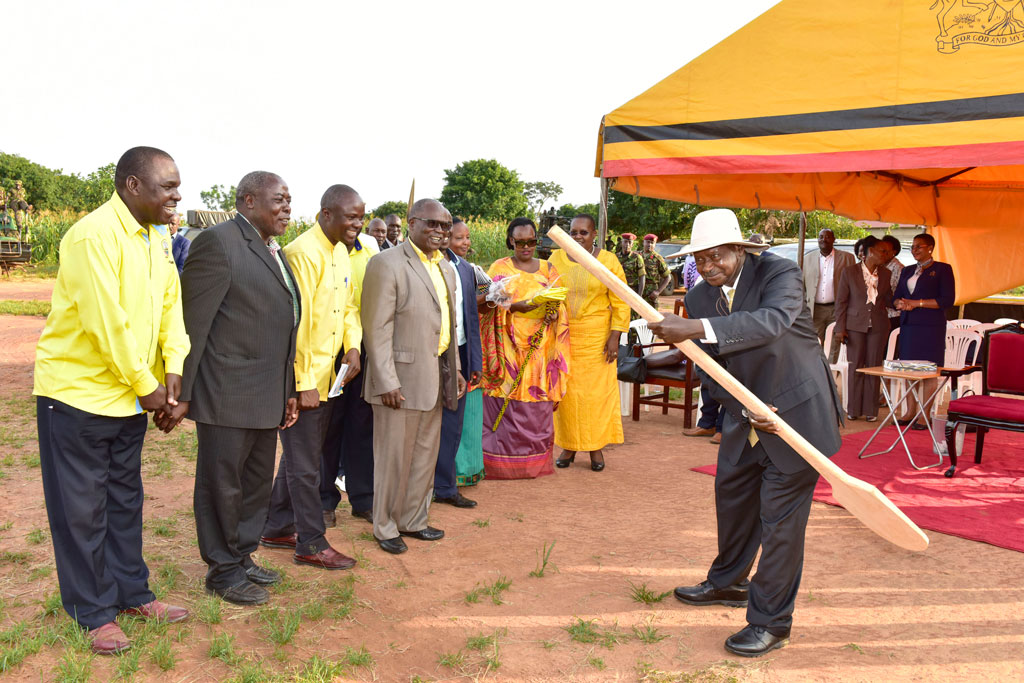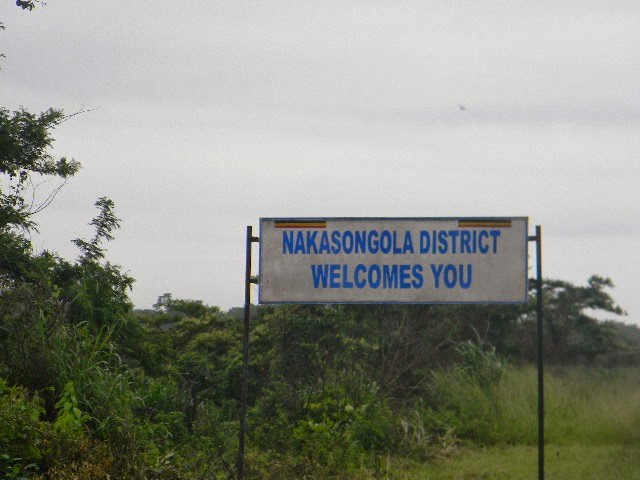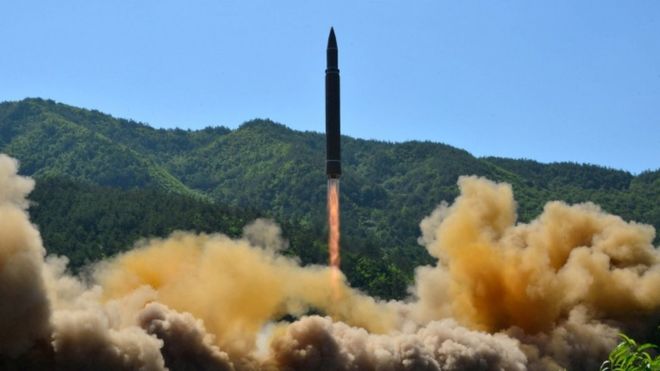Uganda and Tanzania enjoy warm and cordial historical bilateral relations dating back to the 1960s.
Currently, the southern neighbour, according to recent Bank of Uganda data, is Uganda’s biggest source of imports in the region valued at $149m (Shs559b) overtaking Kenya which hauled in a paltry $71m (S253b).
Uganda’s High Commissioner to Tanzania, Richard Kabonero, told Prosper’s Frederic Musisi that while Uganda trades a lot with its immediate neighbours it also needs to extensively tap into the adjacent 21 country-member trading bloc—the Common Market for Eastern and Southern Africa.
So, you were tapped Ambassador to Tanzania in January 2017. What is your experience?
It has been a very exciting time. Uganda’s High Commission to Dar-es Salaam covers two multi-lateral institutions which are critical to us; one is the East African Community, and the other is Common Market for Eastern and Southern Africa (COMESA), as well as six other African countries.
These form the core of our mission here, which is mainly for Uganda’s exports, bilateral relations with the six countries, and engaging at the both regional and bilateral.
Of course, this is anchored by this new project; the East African Crude Oil Pipeline (EACOP) which has taken quite a bit of time.
I arrived here in 2017, and we are only reaching Final Investment Decision in 2021.
The EACOP’s history first gravitated to Kenya then suddenly swung to Tanzania. It has had some effect in the Uganda-Kenya/Kenya-Tanzania trade relations. Officials like to keep a calm tone but our brotherliness with Kenya was bruised. How do you gauge its reception and how significant is it in the UG-Tz relations?
EACOP, being a huge transboundary project, has opened up the doors into the cooperation; whether in the area of trade or peace and security, investment, it has become an anchor for our bilateral relations.
You see, trade challenges are not typical of East Africa, they are everywhere. The critical issue is how do you approach them?
Even at the World Trade Organisation, the bigger countries like China and the US have trade disputes because of national interest.
However, to go beyond national interest, we look at the benefits that would accrue if there was cooperation other than confrontation.
So EACOP becomes a vehicle through which we can deepen our cooperation at a higher level than what previously existed.
Of course, there are the historical and political cooperations but economic integration becomes more important because there is self-interest by the countries when the people benefit.
In the last three years, we’ve seen a change in the EAC; Uganda & Rwanda, where you were previously accredited. Rwanda and Burundi, Kenya and Uganda, Tanzania and Kenya. The regional bloc’s tectonics are shaky and the cooperation is seemingly not on the same trajectory as it was. How do we get past this?
I’m very optimistic because whereas there might be challenges in the EAC but they are not deep rooted.
They can be solved, sorted out; there is nothing currently, and among the challenges that can’t be solved.
Basically, it’s this economic integration, you know that if it becomes the anchor, it will solve the political challenges that may exist among partner states.
For example, if you’re doing transport on Lake Victoria that is shared by the three countries, you have to cooperate; if you have this vessel that is going to reduce the cost of doing business between Mwanza and Port Bell or Kisumu, you will get together and try and sort it out.
I have been in this region, served in all the partner states, and so I know there’s tremendous goodwill by particularly the people to solve the challenges.
How do we stand in COMESA? Not so long ago, they threatened to throw us out over non-payment of arrears.
COMESA is a very big market for us, and Uganda is a founding member. Yes, we had challenges of payments but they have been sorted out.
The COMESA market is actually the number one destination for our exports; the Middle East is the number two.
So, we need to focus on the COMESA market both for our exports and imports but also as a source of investment and job creation for our people.
As a permanent representative to the bloc, I keep a keen eye on the developments the COMESA region.
Fortunately, it has now expanded with the Continental Free Trade Area, but again these regional blocs are the ones which will yield the much-sought larger integration. If you cannot trade with a partner state in EAC, how will you the trade with Mauritius? COMESA is a real core market for exports and we need to exploit it more.
What are the untapped opportunities in COMESA?
I think mainly, agriculture—our products but also services at the technical level. For example, the consultancies, lawyers, among others.
At the Oil and Gas symposium, we were looking at how there is no joint venture between a law firm in Uganda and Tanzania, what does that tell you?
So, the COMESA market opportunities exist; we just need to improve the cost of doing business, how do people move into Malawi or Mozambique from Uganda?
I went to Comoros and found that the price of beef in Comoros is four times the price of beef in Uganda.
So why not export there, but how? The challenge we have at the Mission is how do we reach out to our private sector in the quickest possible way?
If I find an opportunity in Comoros, how do I communicate quickly? Uganda’s Missions should be working closely with the Export Promotions Board; there should be a platform, a one stop centre accessible to the players.
The Petroleum Authority, for instance, eased this with the supplier database for the oil sector, and I think this should be replicated across the board. We need to innovate.
There has been a lingering concern; the absence of linkages between agencies in Kampala, and Missions abroad now charged with Commercial diplomacy?
It’s work in progress. Our missions abroad have been reorienting to get information back and forth across our sectors.
Previously, we used to write to the Ministry of Foreign Affairs which then would write to the line ministry or agency and then to the private sector. But I think we need to innovate, and innovations are always there.
How do I rapidly get information about opportunities into the hands of those who actually do the business?
Since you came here, you have been crusading for trade which might explain why Tanzania recently overtook Kenya. But what more needs to be done?
We are very happy because in our foreign policy, there is what we call the anchor state; whether it is trade, peace and security, name it.
We need to do more business with our neighbours before we can think of going to the world.
The recent entry of Democratic Republic of Congo presents more opportunities for an even bigger market.
As Uganda’s Missions abroad, we must learn from each other; to combine our energies instead of working in silos.
On the other hand, Uganda has consistently raised the issue of either trade imbalance or unfair trade practices. What is amiss?
Two issues. One is the supply side constraint, and secondly, are these non-tariff barriers including tariff ones, for instance, on milk exports which our Heads of States have directed that we remove.
This Article was originally Published in The Daily Monitor








